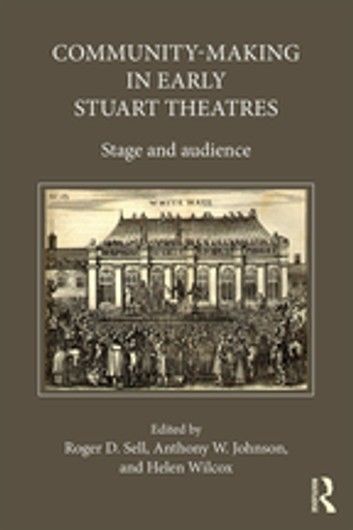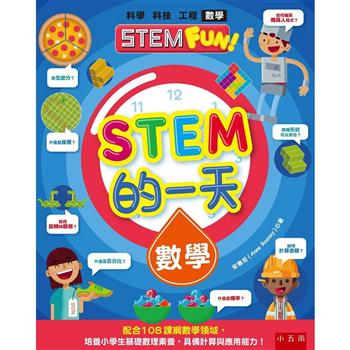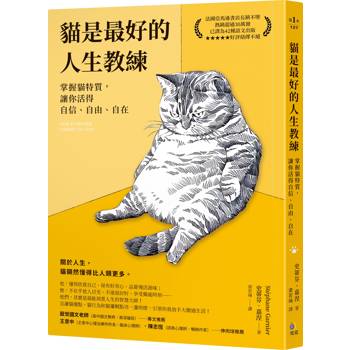| FindBook |
有 1 項符合
Community-Making in Early Stuart Theatres的圖書 |
 |
Community-Making in Early Stuart Theatres 出版社:Taylor & Francis 出版日期:2016-10-14 語言:英文 |
| 圖書館借閱 |
| 國家圖書館 | 全國圖書書目資訊網 | 國立公共資訊圖書館 | 電子書服務平台 | MetaCat 跨館整合查詢 |
| 臺北市立圖書館 | 新北市立圖書館 | 基隆市公共圖書館 | 桃園市立圖書館 | 新竹縣公共圖書館 |
| 苗栗縣立圖書館 | 臺中市立圖書館 | 彰化縣公共圖書館 | 南投縣文化局 | 雲林縣公共圖書館 |
| 嘉義縣圖書館 | 臺南市立圖書館 | 高雄市立圖書館 | 屏東縣公共圖書館 | 宜蘭縣公共圖書館 |
| 花蓮縣文化局 | 臺東縣文化處 |
|
|
Twenty-two leading experts on early modern drama collaborate in this volume
to explore three closely interconnected research questions. To what extent did
playwrights represent dramatis personae in their entertainments as forming, or
failing to form, communal groupings? How far were theatrical productions likely
to weld, or separate, different communal groupings within their target audiences?
And how might such bondings or oppositions among spectators have tallied with
the community-making or -breaking on stage? Chapters in Part One respond to
one or more of these questions by reassessing general period trends in censorship,
theatre attendance, forms of patronage, playwrights’ professional and linguistic
networks, their use of music, and their handling of ethical controversies.
In Part Two, responses arise from detailed re-examinations of particular plays
by Shakespeare, Chapman, Jonson, Beaumont and Fletcher, Cary, Webster, Middleton,
Massinger, Ford, and Shirley. Both Parts cover a full range of early-Stuart
theatre settings, from the public and popular to the more private circumstances
of hall playhouses, court masques, women’s drama, country-house theatricals,
and school plays. And one overall finding is that, although playwrights frequently
staged or alluded to communal conflict, they seldom exacerbated such divisiveness
within their audience. Rather, they tended toward more tactful modes of
address (sometimes even acknowledging their own ideological uncertainties) so
that, at least for the duration of a play, their audiences could be a community
within which internal rifts were openly brought into dialogue.
|











